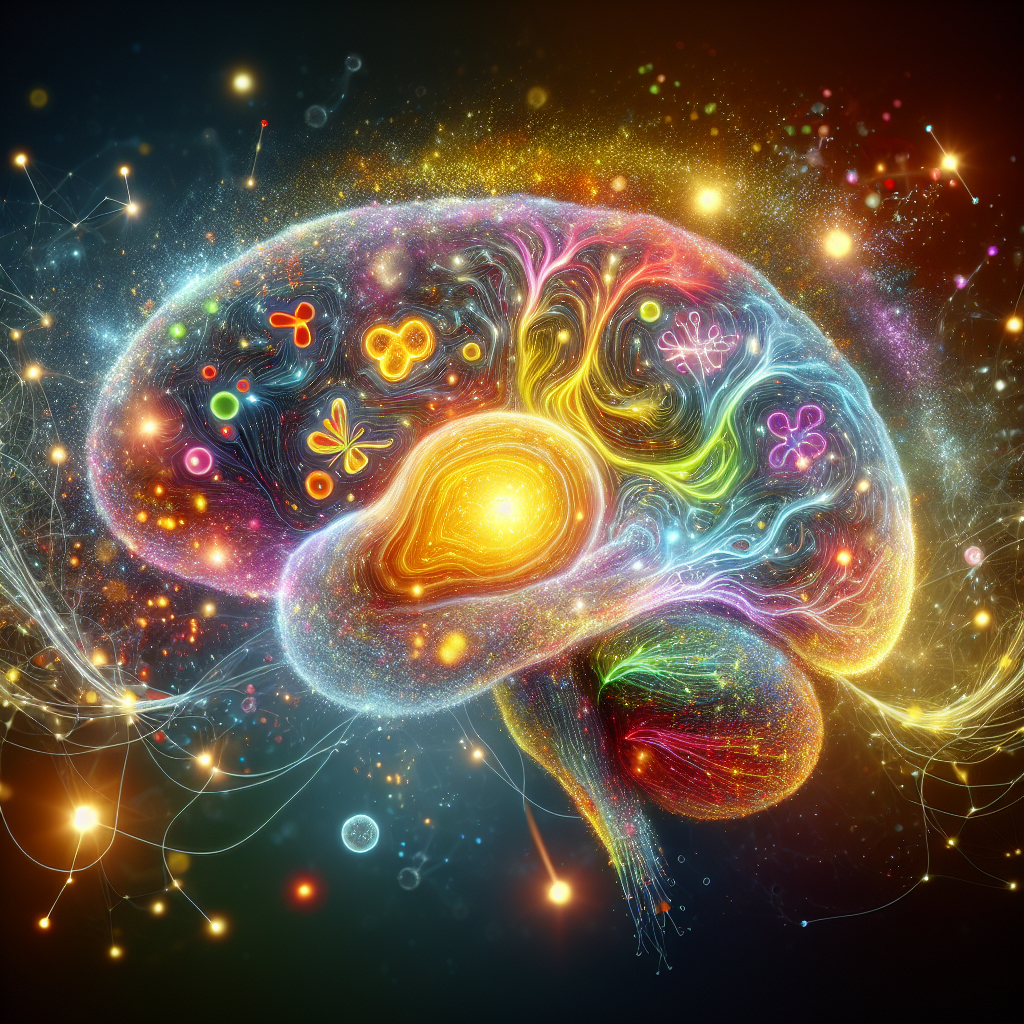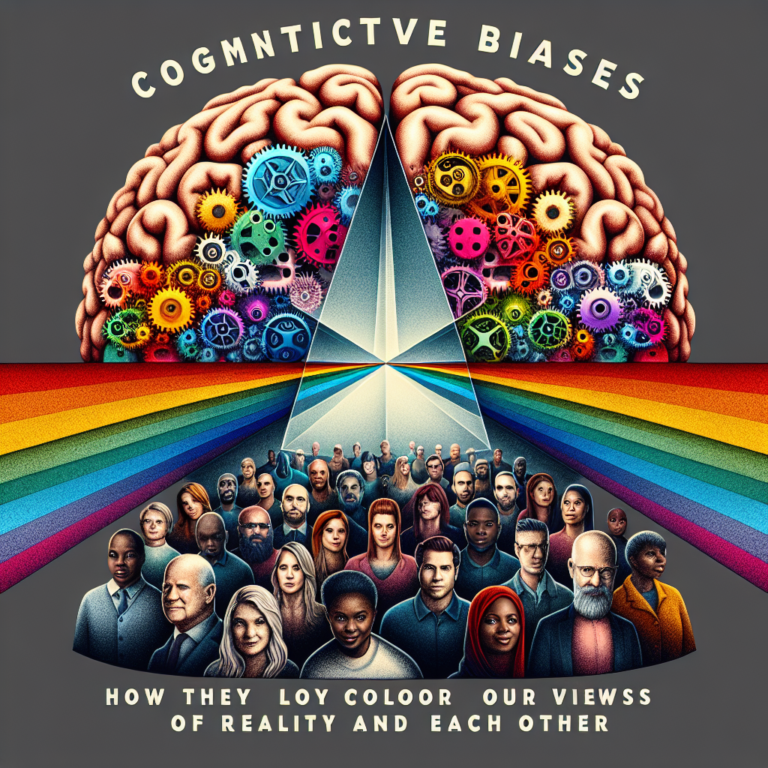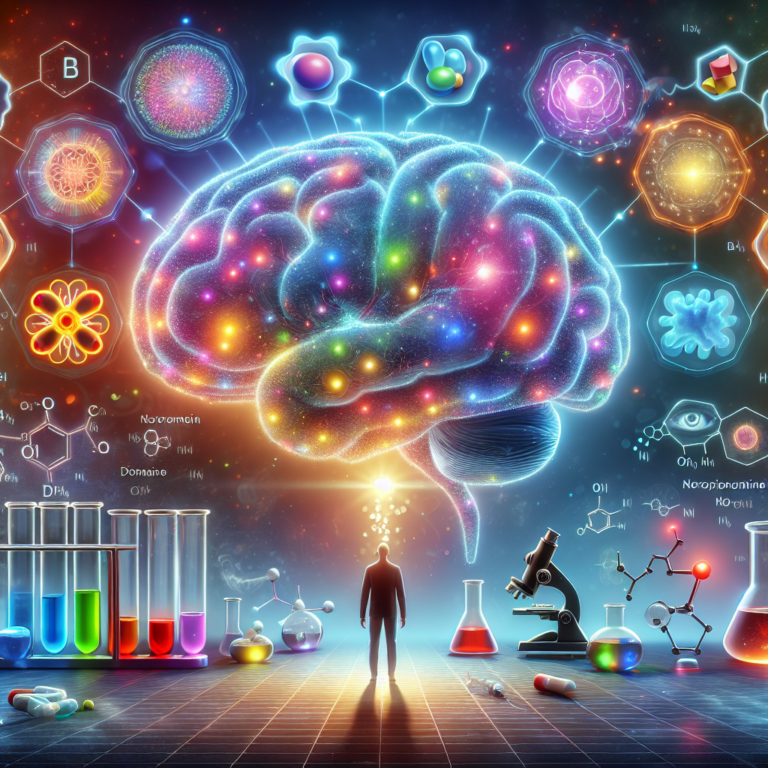
Introduction
In a world that often equates happiness with success—where social media posts flaunt idealized moments—you might wonder: is happiness really the ultimate goal? While the pursuit of happiness is certainly a compelling narrative, there’s a richer tapestry of emotions woven into our daily lives, primarily driven by neurotransmitters. In this article, "Beyond Happiness: Exploring the Complex Role of Neurotransmitters in Emotions," we delve into the intricate relationship between these chemical messengers and our emotional landscape.
Understanding how neurotransmitters influence our feelings not only enhances our grasp of well-being but also provides deeper insights into how we can cultivate emotional resilience and engagement. As we journey through this exploration, we will uncover the significance of neurotransmitters like dopamine, serotonin, and oxytocin, addressing common misconceptions and revealing real-world applications.
The Science Behind Neurotransmitters
Before diving into specific neurotransmitters, it’s essential to grasp their fundamental role in the brain. Neurotransmitters are chemical messengers that transmit signals across synapses—integral pathways that connect neurons. They affect everything from mood and behavior to memory and cognition. Each neurotransmitter plays a unique role in regulating emotions, and their balance is crucial for our well-being.
Key Neurotransmitters and Their Functions
Dopamine: Often termed the "feel-good" neurotransmitter, dopamine is linked to pleasure and reward. It fuels motivation and reinforces behaviors that seek out enjoyable experiences.
Serotonin: This neurotransmitter is primarily associated with mood regulation, sleep, and appetite. Low levels of serotonin are often found in individuals with depression.
Oxytocin: Commonly referred to as the "love hormone," oxytocin promotes bonding and trust. It’s released during social interactions and can enhance feelings of connection.
- Norepinephrine: This neurotransmitter is involved in the body’s stress response. While it prepares the body for fight or flight, it can also influence mood regulation.
Table: Role of Neurotransmitters in Emotions
| Neurotransmitter | Key Functions | Emotional Impact |
|---|---|---|
| Dopamine | Pleasure, reward | Motivation, happiness |
| Serotonin | Mood regulation | Contentment, calmness |
| Oxytocin | Bonding, connection | Trust, love |
| Norepinephrine | Stress response | Awareness, anxiety |
The Interplay of Neurotransmitters in Emotional States
Understanding these neurotransmitters individually is essential, but their interplay is where the magic happens. Our emotional experiences rarely stem from a single neurotransmitter; rather, they arise from the balance and interaction of multiple chemicals.
Case Study: The Dopamine-Serotonin Connection
Consider a study conducted at Stanford University, where researchers explored the interaction between dopamine and serotonin in individuals diagnosed with depression. Participants receiving dopamine-enhancing treatments reported improved motivation but noted persistent sadness. When these patients received serotonin boosters, their mood improved significantly, demonstrating that an integrated approach to enhancing both neurotransmitters led to more profound emotional well-being.
Analysis:
This case study illustrates the importance of considering multiple neurotransmitters when addressing emotional health. It’s not merely about uplifting one’s mood; rather, achieving a harmonious balance is key to cultivating a sustained sense of well-being.
Beyond Happiness: Emotional Complexity
Emotions are not binary; they can be complex and layered. While happiness is a desired state, exploring emotions like sadness, anger, and anxiety reveals the full spectrum of human experience. Neurotransmitters play critical roles across this spectrum, helping us adapt and respond to life’s challenges.
Emotional Layers and Neurotransmitter Roles
- Sadness: Linked to low serotonin levels. Being aware of this can aid in understanding why moments of sadness occur and how to manage them effectively.
- Anger: Often associated with norepinephrine, recognizing triggers can help in developing coping strategies.
- Joy: A surge in dopamine can lead to joyous experiences. Seeking out rewarding activities can elevate this neurotransmitter and foster happiness.
How Lifestyle Choices Impact Neurotransmitters
Beyond understanding the roles of neurotransmitters, the choices we make daily can significantly impact their levels. Diet, exercise, and social interactions all play crucial roles.
Diet’s Influence on Neurotransmitters
Certain foods can enhance neurotransmitter production.
- Omega-3 Fatty Acids: Found in fish like salmon, they are essential for dopamine production.
- Tryptophan-Rich Foods: Foods high in tryptophan, like turkey and nuts, help produce serotonin.
Exercise and Neurotransmitters
Regular physical activity is linked to elevated levels of serotonin and dopamine, leading to enhanced mood and overall well-being.
Social Interactions
Engaging in meaningful social interactions can boost oxytocin levels, promoting feelings of social connection and trust.
Strategies for Cultivating Emotional Resilience
In "Beyond Happiness: Exploring the Complex Role of Neurotransmitters in Emotions," we have established that understanding neurotransmitters is crucial for emotional well-being. Now, let’s delve into actionable strategies for cultivating emotional resilience.
Mindfulness and Meditation
Practices like mindfulness and meditation can elevate serotonin levels, reduce stress, and promote a more relaxed state.
Balanced Diet
Incorporating a diet rich in whole foods, proteins, and healthy fats can help maintain balanced neurotransmitter levels.
Physical Activity
Engaging in regular exercise can boost mood and neurological health by increasing the production of key neurotransmitters.
Relationship Building
Investing time in relationships and nurturing social networks can enhance oxytocin levels and create a supportive environment for emotional expression.
Conclusion
As we’ve explored "Beyond Happiness: Exploring the Complex Role of Neurotransmitters in Emotions," it becomes clear that happiness is just one part of a much larger emotional landscape. Neurotransmitters shape our experiences in ways that go far beyond the simple pursuit of joy. By understanding their roles and recognizing the importance of balance, we can better navigate life’s complexities, leading to richer emotional experiences and resilience.
Key Takeaway
Embrace the complexity of your emotions, recognizing that happiness is just one thread in the intricate fabric of human experience. By nurturing neurotransmitter health, you can cultivate not just happiness but a full spectrum of emotional well-being.
FAQs
1. What role do neurotransmitters play in emotional regulation?
Neurotransmitters regulate mood and emotional responses by transmitting signals between neurons, impacting feelings of happiness, sadness, anxiety, and more.
2. Can diet impact my mood?
Yes, a balanced diet rich in specific nutrients can help maintain neurotransmitter levels, influencing overall mood and emotional health.
3. How can exercise affect my neurotransmitters?
Regular physical activity can boost serotonin and dopamine levels, leading to improved mood and lower levels of anxiety.
4. Is there a connection between social interactions and neurotransmitters?
Yes, positive social interactions can elevate oxytocin levels, enhancing feelings of trust and connection, which are vital for emotional health.
5. What are simple practices I can adopt to improve my emotional resilience?
Mindfulness, a balanced diet, regular exercise, and building strong relationships are effective strategies for enhancing emotional resilience.
Incorporating these insights into your life can lead you beyond the pursuit of mere happiness, fostering a deeper connection to your emotions and a richer, more fulfilling life experience.















